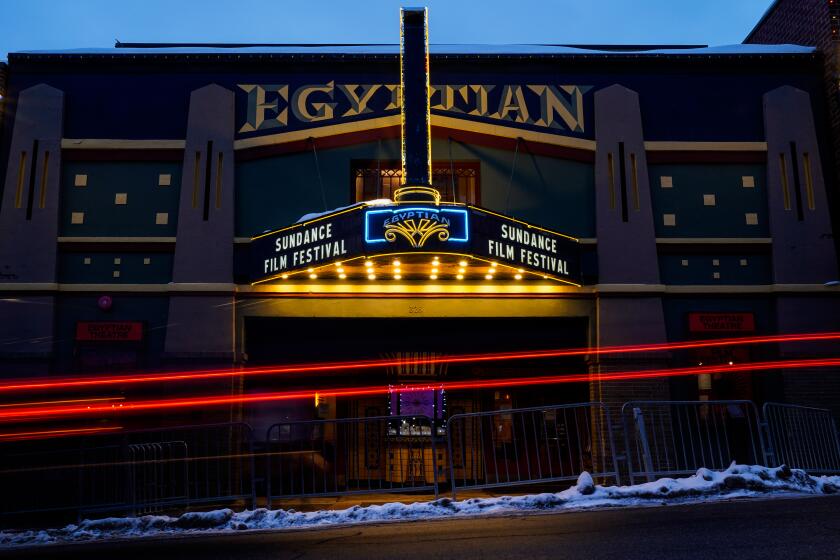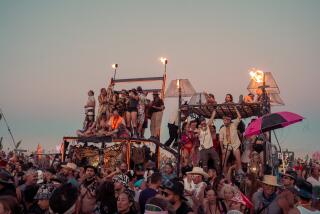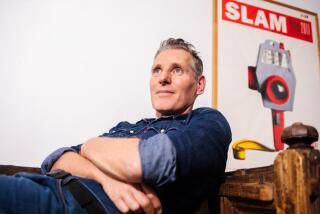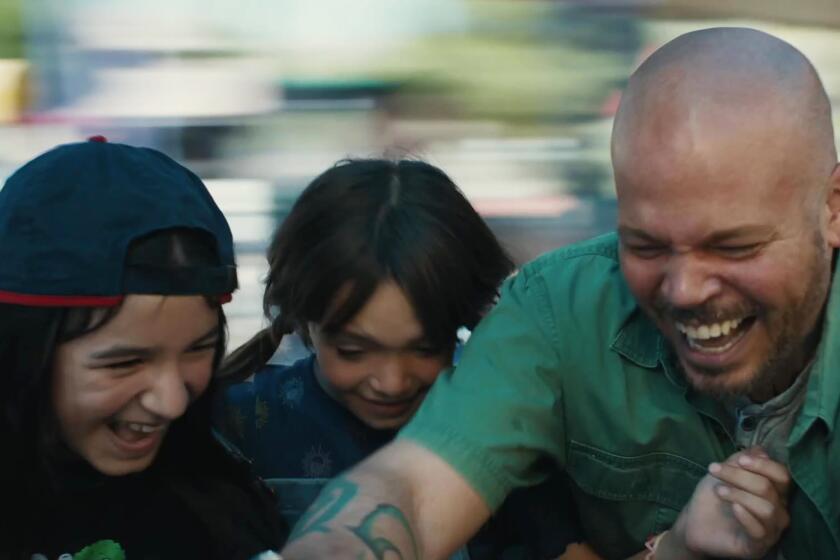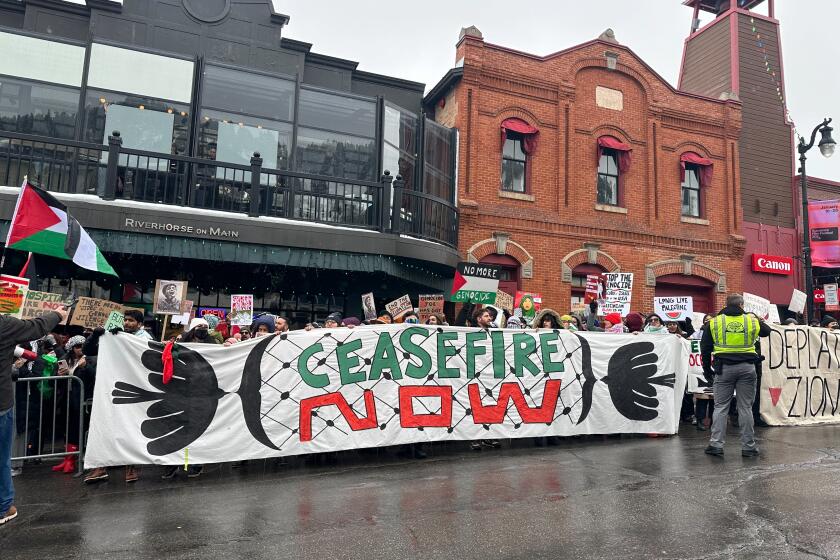How Ron Howard earned the right to document Paradise, California’s destruction and rebirth
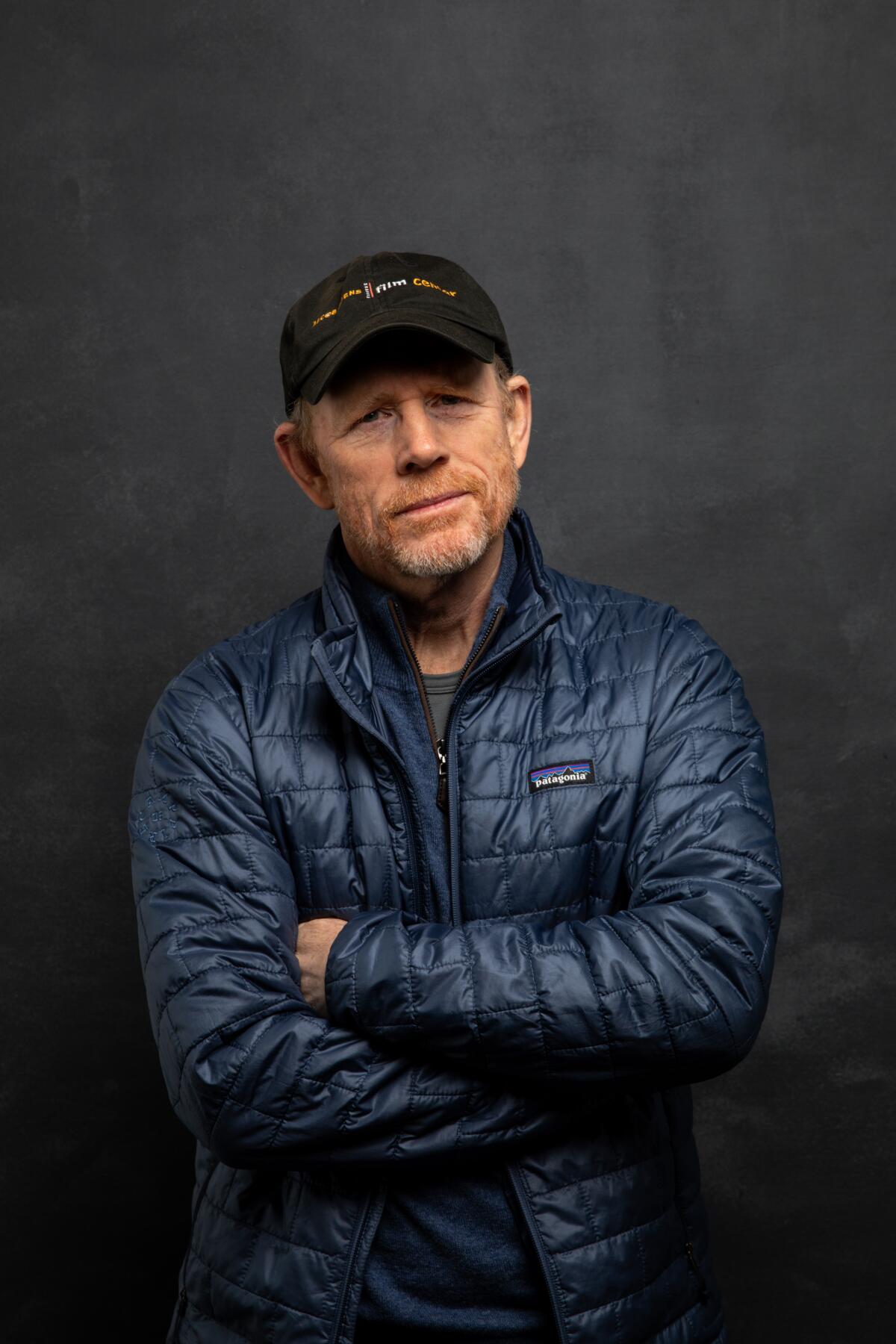
PARK CITY, Utah — Ron Howard has already dealt with fire, lots of it. (His 1991 drama “Backdraft” was nominated for three Oscars, including sound and visual effects.) And he’s made documentaries, more than one. But this time it was different. This time it was personal. This time it was for real.
The director’s latest documentary, “Rebuilding Paradise,” recently unveiled at the Sundance Film Festival, deals with the beyond-devastating Camp fire, the most destructive wildfire in California history, which nearly destroyed the Sierra Nevada town of Paradise, demolishing more than 14,000 homes, ending 85 lives and displacing tens of thousands more.
It’s an area of the state that Howard knows well. He’s spent time in the town, where his mother-in-law lived for five years, and has lots of relatives in nearby Redding. And that made a difference.
“We’ve grown numb to images of devastation, but when you are close to the people affected, you think of it on a more human level,” said the Oscar-winning filmmaker about the motivation behind the project that turned into his first Sundance appearance.
Talking to his assistant when the fire broke out on Nov. 8, 2018, Howard had the title “Rebuilding Paradise” pop into his head almost immediately.
The decision to go ahead with a doc was nailed down within a few days (National Geographic ended up as distributor), Howard’s first camera crew was on site soon after and the director arrived at the three-week mark.
“Asking questions, collecting footage, trying to reach people and getting them to open up — these things were not necessarily in my skill set,” the director remembers.
Howard admits his celebrity helped at first but says the key factor in access was that “we became known as the people who were staying. The town began to see that we were one of the few who were interested in them for the long haul, for an entire year from Nov. 8 [2018] to Nov. 8 [2019].”
Best known for his blockbuster, and occasionally award-winning, Hollywood output, including “A Beautiful Mind,” “Apollo 13” and “Splash,” Howard has made documentaries but of a different sort.
I wanted to cover something where I had no idea what the story would be, to find out what happens after the cameras leave and the spotlight is turned off.
— Ron Howard on his motivation for making “Rebuilding Paradise”
“My film on Jay-Z [‘Made in America’] was behind the scenes, the Beatles [‘Eight Days a Week’] and Luciano Pavarotti [‘Pavarotti’] were mostly archival biographies, but this would be my first vérité documentary,” he says.
“There was no thesis here; I checked my expectations at the door. I wanted to cover something where I had no idea what the story would be, to find out what happens after the cameras leave and the spotlight is turned off.
“What were lives going to be like after this? What does it look like to rebuild? What will it take? This was a story I didn’t know anything about.”
“Rebuilding Paradise” ended up following several of the town’s residents, including the indomitable superintendent of schools, a high school grief counselor, a former mayor and a police officer who’d watched his own house burn down.
“I discovered there was a grief cycle, kind of a graph of mourning, and that it applied to the whole town,” Howard reports, adding that the grief is far from over.
Showing his film’s raging fire segment (“I don’t think I’ve ever put together more disturbing footage”) at a Sundance panel, he looked over at the Paradise residents in the audience.
“They were all holding each other and crying,” the director reports. “What we don’t realize is that this is a long, complex tale of trauma and people are still feeling it.”
As he and his team continued filming, Howard says he found himself drawn to “the people who showed up, the people who engaged. Because the crisis underscores fragility; a lot of people were crushed by it, just evaporated. The people we followed rose to the occasion, and if there’s a lesson to be learned here, it’s that that matters. Those who showed up moved the needle.”
Though the film’s title may create the impression that the rebirth of the town went forward in one unstoppable wave, that couldn’t be further from the truth, and “Rebuilding Paradise” is at its best detailing the disheartening obstacles, from residential burglaries to an at times difficult FEMA bureaucracy, that stood in the way.
“The process was jagged as hell, imperfect in the extreme,” Howard reports. “What was needed was not a superficial, sentimental kind of hope that was warm and fuzzy but a brand of deep hope, something determined.”
Because of his connection to the culture of small-town heartland America, Howard has long wanted to make a movie dealing with these kinds of communities, and by the luck of the draw he ended up directing two at the same time, “Paradise” and an upcoming narrative version of the bestselling “Hillbilly Elegy” for Netflix, starring Amy Adams and Glenn Close.
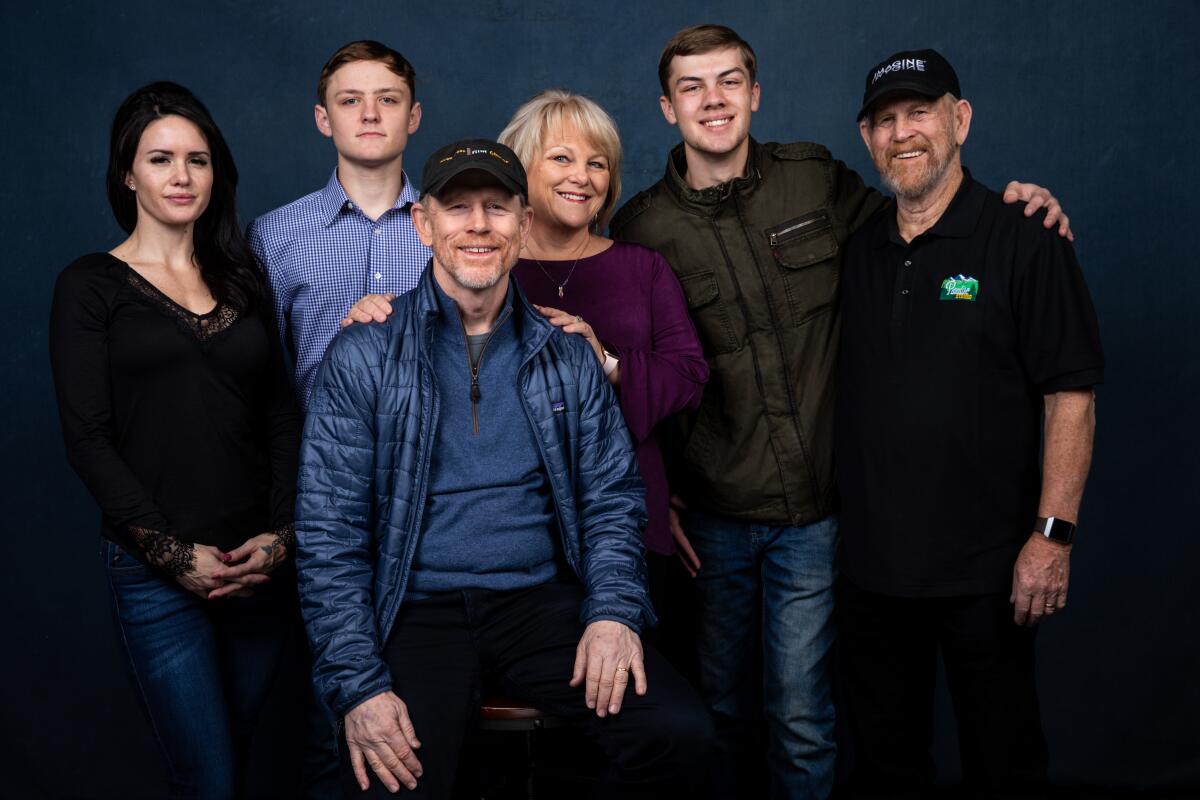
“Both films ended up informing each other,” the director reports, which confirmed what fellow director Jonathan Demme told Howard years ago when he was first considering documentary work.
“I’d talked myself out of documentaries before out of fear, but Jonathan said I should do it, that because the doc side is so about postproduction, it would influence my scripted work in a great way, and it has.
“He told me, ‘With a documentary it’s “Go find the story.” You have to go in thinking you know the story, but be ready to be wrong.’ ”
Talking about the variety of films he’s done lately, from “Solo: A Star Wars Story” to his documentaries, Howard says he’s “using this moment while the creative fires are burning the way they still do to generate as many different creative experiences as I can.
“I’m so glad Jonathan Demme twisted my arm.”
More to Read
Only good movies
Get the Indie Focus newsletter, Mark Olsen's weekly guide to the world of cinema.
You may occasionally receive promotional content from the Los Angeles Times.
